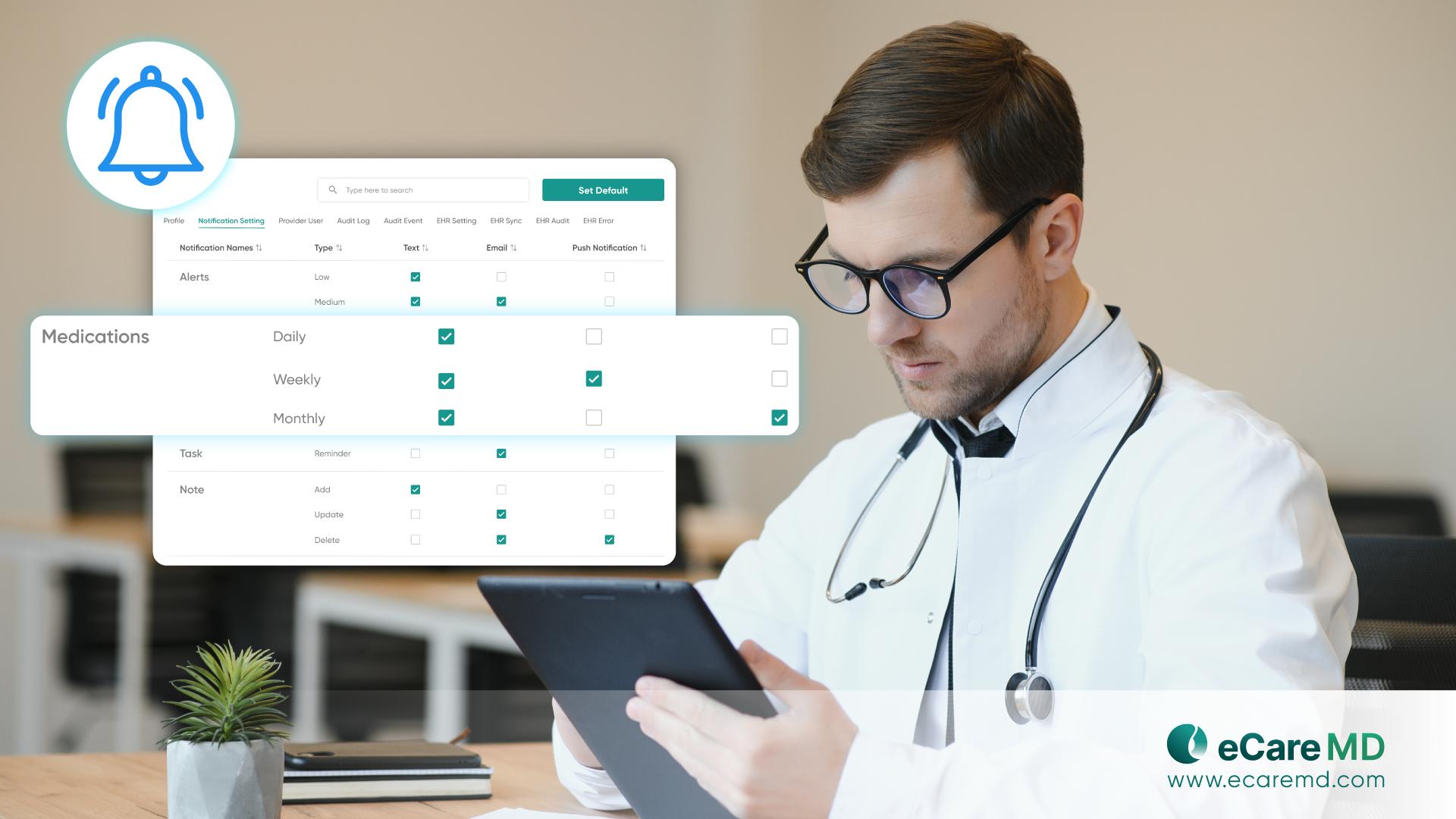Client Background
The client is a renowned healthcare provider based in Texas. Leveraging their medical expertise, passion, and commitment to timely care, the client has gained popularity in nearby regions. By operating multiple network hospitals, the client has successfully managed more patients with one or multiple chronic conditions.
Business challenges
The client is managing the patients with the help of EHR software that facilitates improved quality of care.
While using the EHR software for several years, the client has faced some challenges as follows:
1. Challenges in managing patients with multiple chronic conditions
While delivering care to patients with multiple chronic conditions, the client identified that the software does not allow configuration and assigns multiple care plans to a patient at once. It requires the assignment of care plans for each chronic condition, consumes time, and requires more manual effort.
2. Patient’s lack of treatment adherence
Patients with multiple chronic conditions can be assigned separate medications for each chronic disease. However, patients tend to deny or do not take the prescribed medications. This becomes a significant challenge for the client in making the patient adhere to the prescribed medications and treatment plan. This lack of treatment and medication adherence affects the expected health outcomes of the patient, thereby hampering patient satisfaction.
3. Limited time, staff, and resource availability challenges
Since it requires more time and specialist care providers to manage the patients with multiple chronic conditions. The client has limited staff, and due to the lack of care coordination, the care providers were not able to provide appropriate care to patients, which affected the patient's health outcomes.
4. Continuous patient health evaluation challenges
Patients with multiple chronic conditions require continuous monitoring and attention to changes in their health. Due to the software and staff limitations, the client was unable to evaluate the patient's health at specified intervals. These delays in patient health evaluation and monitoring caused health complications, which resulted in increased hospital readmissions and emergency visits.
Solution
To overcome business challenges and earn maximum reimbursement by delivering quality care to patients, the client has approached Medarch Inc. for eCareMD CCM software. To understand the client's requirements and business challenges, our team of business analysts and subject matter experts took multiple calls and demonstrations with the client.
Upon receiving final approval from the client, our team implemented the eCareMD software into the client’s practice. After the implementation of eCareMD software in the client’s practice, the client has experienced improved quality of care and higher patient satisfaction rates.
Solution Highlights
Our eCareMD software consists of various features that streamline the practice workflow and facilitate value-based care with minimum manual activities.
Some of the best solution highlights that addressed the client’s business challenges are:
1. Multiple care plan assignment
The biggest challenge of assigning complex care plans to a single patient has been overcome by this feature of eCareMD software. The software recognizes the patient’s chronic conditions and suggests the appropriate care plan for each chronic condition. The software allows the assignment of multiple care plans for respective chronic conditions at once, reducing the time consumption compared to individual care plan assignments for each chronic condition.
This feature has helped care providers assign care plans to patients having multiple chronic conditions.
2. Customizable medication reminders
eCareMD’s customizable medication reminders feature helps care providers configure medication reminders for patients. The care provider can configure reminders by selecting the Reminder Type(Email/SMS), Date, Template, and recurring reminders (Daily, Weekly, Monthly), etc.
These scheduled reminders notified the patients to take medication on their prescribed schedule, which helped improve patient health outcomes and thereby increased patient satisfaction rate.

3. Library for all care essentials
The eCareMD software enables care providers to create care plans for each chronic condition, assessments, educational materials, etc., which can be stored in the software's library. During care plan assignment, the software automatically suggests the appropriate care plan based on the patient’s chronic conditions. The provider can also assign an assessment to evaluate the patient's health.
These ready-to-use care entities save the care provider’s manual time and activities, improving their efficiency and quality of care delivery.
4. Monthly care plan progress evaluation
The eCareMD software enables care providers to receive monthly updates about the progress of the patient's care plan. In this activity, the providers review the patient’s monthly progress on goals, barriers, interventions, symptoms, expected outcomes, medication, lab results, vitals, etc.
Based on the responses or details, the care providers update the care plan report and give suggestions to the patient.
This monthly activity helped care providers assess the patient's health and obtain the expected health outcomes.
Value Delivered
1. Timely & accurate care plan assignment
Using eCareMD’s automated care plan suggestion and assignment of multiple care plans at once functionality, care providers were able to save time on manual activities and consult patients for more time.
2. Improved patient medication adherence
The customizable medication reminder functionality for patients helped improve their medication adherence and obtain expected health outcomes.
3. Improved patient health outcomes
The monthly care plan progress evaluation functionality helped care providers customize the care plan according to the requirements, which resulted in improved patient health outcomes.
4. Increased revenue for practice
Features like a library and multiple care plan assignments saved care providers time and helped them consult more patients, which resulted in increased revenue for the practice.

